When University Technical Colleges launched in 2010, they were hailed as the solution needed to propel young people to high-paying technical jobs and tackle skills shortages.
But the fanfare for UTCs quickly faded.
Of the 58 launched over the years, 14 were forced to close amid stiff competition for learners from schools and colleges, and dwindling support from the local employers meant to back them.
Even Michael Gove – the education secretary who introduced them – concluded in 2017 the UTC experiment was a failure.
But Kate Ambrosi, new chief executive of the Baker Dearing Educational Trust, the charity which represents UTCs, believes it’s time for a different story to be told.
Ambrosi joins at a time of acute skills shortages, which she believes UTCs can address by expanding their provision into mainstream schools.
She aims to achieve what her predecessor, Simon Connell, failed to do with the last government: persuade it to invest in their proposals for UTC ‘sleeves’ in schools.
Ambrosi is quietly confident the current crop of politicians are more supportive; Rachel Reeves, Bridget Phillipson and Jacqui Smith have all visited UTCs and appreciate their worth, she claims.
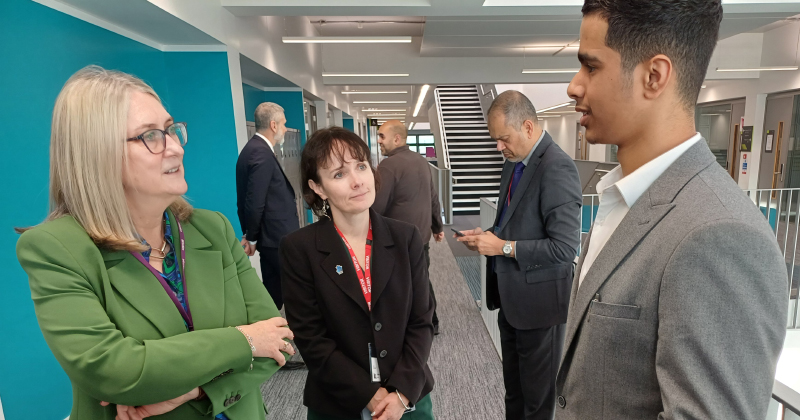
A turning tide
Since their inception, UTCs have had to battle the long-entrenched British inferiority complex that clouds technical education.
To combat this, Ambrosi says UTCs “make it clear” to parents they don’t restrict options, but offer “multiple routes” – including A-levels.
When an apprenticeship does not work out, the UTC “supports learners to find the route that does. So maybe there’s less risk than it felt previously”.
More than half of UTCs are over-subscribed and two more are set to open – one in Southampton and another in Doncaster.
In 2019, only half of UTCs were rated ‘good’ or ‘outstanding’ by Ofsted (compared to three-quarters of secondary schools). Following pressure from Baker Dearing, Ofsted and the Department for Education recognised that Progress 8 and EBacc were not appropriate accountability measures for UTCs and their bespoke curriculums.
Now, UTCs are almost on a par with their mainstream counterparts with over 80 per cent getting at least ‘good’ Ofsted ratings, compared to 84 per cent of secondaries overall.
However, this does come after many of those deemed to be failing closed, or joined academy trusts.
But Ofsted accepted that destinations were a more suitable measure of UTCs’ success, and on that front they are faring well.
Of their 20,000 learners, only 5 per cent become NEET (not in education, employment, or training) when they leave, compared to a 13 per cent national average, while 20 per cent start an apprenticeship, compared to a 5 per cent national average.
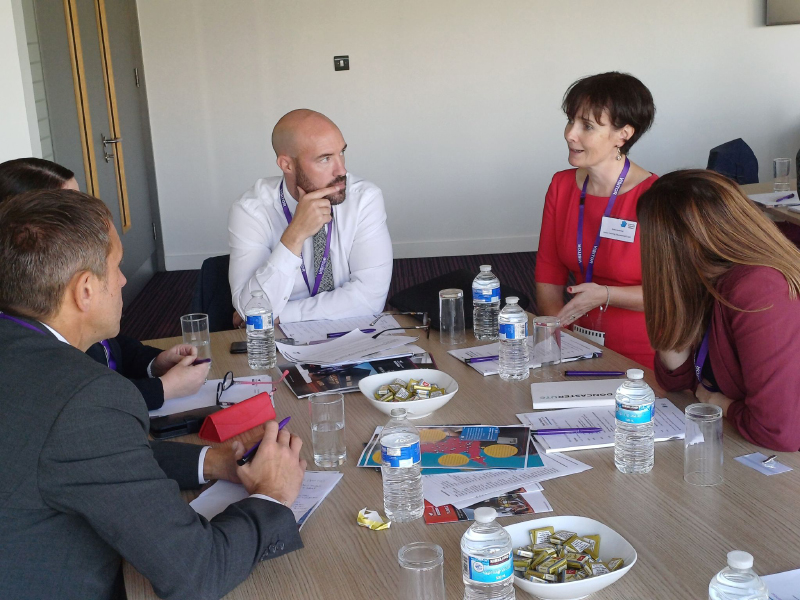
Changing times
The last 12 months have been a period of change for Baker Dearing. While Connell was replaced by Ambrosi (his former deputy), the charity’s grandee founding father, Lord Kenneth Baker, relinquished his chairmanship to Stephen Phipson, the CEO of Make UK.
Ambrosi and I meet in London for coffee just before one of her regular meetings with the “really hard-working” 90-year-old Lord Baker, who remains Baker Dearing’s honorary life president and is still “very much our voice” in the House of Lords.
Baker’s original concept of UTCs to serve 14-19 year olds has been adapted to meet local realities; six UTCs are now 11-18 schools.
But Ambrosi says extending their age groups has been challenging, as “a UTC is not set up for 11-year-olds”.
“You have to refurbish and change things significantly to meet the needs [of younger learners] ….They tend to have less outdoor space.” Ambrosi does not expect any more UTC schools to be created, aside from the two already in the pipeline.
This week she visited the WMG Academy for Young Engineers campus in Coventry. Like many UTCs, its name gives no clue to its UTC status. But WMG is “exactly the model” that UTCs were intended for, because the 14-19 college was set up by and as part of Warwick University to meet the needs of the region’s automotive industry.
Universities have helped design UTC curriculums and sit on their governing boards but while universities still sponsor UTCs, almost three-quarters of the schools are today run by multi-academy trusts.
MATerial gains
Aston University Engineering Academy is the latest UTC to join a MAT, the Aston University STEM Education Academy Trust, along with a new mathematics school for 16–19-year-olds and a jewellery skills training centre.
Ambrosi commends some MATs for being great UTC caretakers, allowing them to maintain their raison d’être and not “putting any pressure on them to be anything else”. The model is particularly effective when the MAT has a range of schools and can channel its pupils into the provision most appropriate to them.
Ambrosi says the “biggest change” UTCs have undergone in recent years is bringing in learners at year nine rather than year 10, giving them an extra year to “build the skills needed for their speciality”.
While FE colleges have opposed the establishment of UTCs in some areas, local schools have been reluctant to promote UTCs in case their brightest pupils enrol.
Lord Baker tackled the problem head-on by introducing the ‘Baker Clause’ as an amendment to the Technical and Further Education Act 2017 (enhanced by the 2022 Skills Act), requiring schools to allow other providers access to their pupils to discuss non-academic pathways.
Ambrosi points out that UTCs are intended to be “regional specialist” colleges, “drawing in from far afield just one or two from each school” rather than taking a lion’s share of a school’s learners. “Those local ecosystems get used to it and stop being difficult”, she says.
UTCs’ recent success in marketing themselves to school pupils means that instead of having dwindling numbers, many are over-subscribed.

Roll up your sleeves
Ambrosi believes the time is now ripe for UTC sleeves to make their mark.
The concept of launching 14-19 UTC sleeves in schools to provide vocational pathways developed with the help of employers was first put to ministers in 2021. Since then, local skills improvement plans have helped UTCs match their sleeve proposals to the needs of their local economies.
At least 12 schools have expressed interest in the model but so far only one has opened. Struggling Bristol Technology and Engineering Academy was taken over by next-door Abbeywood School 2022, but Baker Dearing is “still developing” the provision to get employers there “more engaged”.
Another sleeve is being developed with a school in Barrow, Cumbria, funded by BAE Systems. But elsewhere funding is a sticking point, with the DfE so far reluctant to provide the capital investment needed to develop schools’ design and technology facilities.
T-level capital funding has helped some schools and UTCs “enormously”, says Ambrosi, but “if they’ve missed that particular train then they can’t invest”.

Curriculum concerns
The children’s and wellbeing schools bill could also cause problems, with a clause requiring academies to follow the national curriculum.
Baker Dearing has warned the DfE that “almost all UTCs would become financially unviable and most would be forced to close” if they weren’t exempt.
Ambrosi’s team also spent a “large chunk” of their time last year impressing on the curriculum and assessment review the importance of continuing to allow them to pursue a vocational and technical curriculum from age 13-14 onwards.
She sees the fact that UTCs are now oversubscribed as proof that their model is “what this nation needs”.
“I truly believe that we can work with this government for them to be really proud of their UTC programme and really engage with it,” she adds.


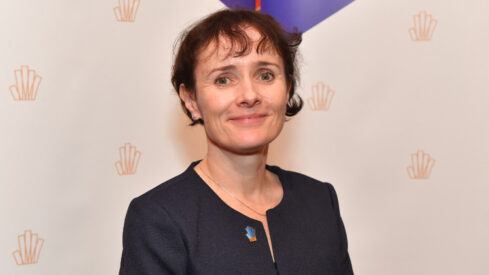




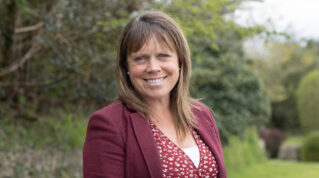

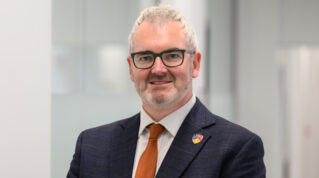



Your thoughts